In the quest for effective weight loss, understanding the role of protein is paramount. This guide delves into the essentials of protein for weight loss, providing valuable insights and strategies to integrate more of this crucial macronutrient into your diet. Research indicates that adequate protein intake can not only promote a feeling of fullness but also enhance muscle mass, which is essential for boosting metabolism. By prioritizing high-protein foods, individuals can reduce cravings and prevent overeating, making it easier to adhere to their nutritional goals.
Moreover, the timing and distribution of protein consumption throughout the day can significantly impact weight loss results. Incorporating protein-rich meals and snacks can lead to better appetite management and improved body composition. Whether you choose animal sources like meat and dairy or plant-based options such as legumes and nuts, there are numerous ways to enhance your protein intake. This guide will outline practical tips and effective strategies to make protein a key component of your weight loss plan, ensuring sustainable results. Embrace the power of protein and transform your weight loss journey today.
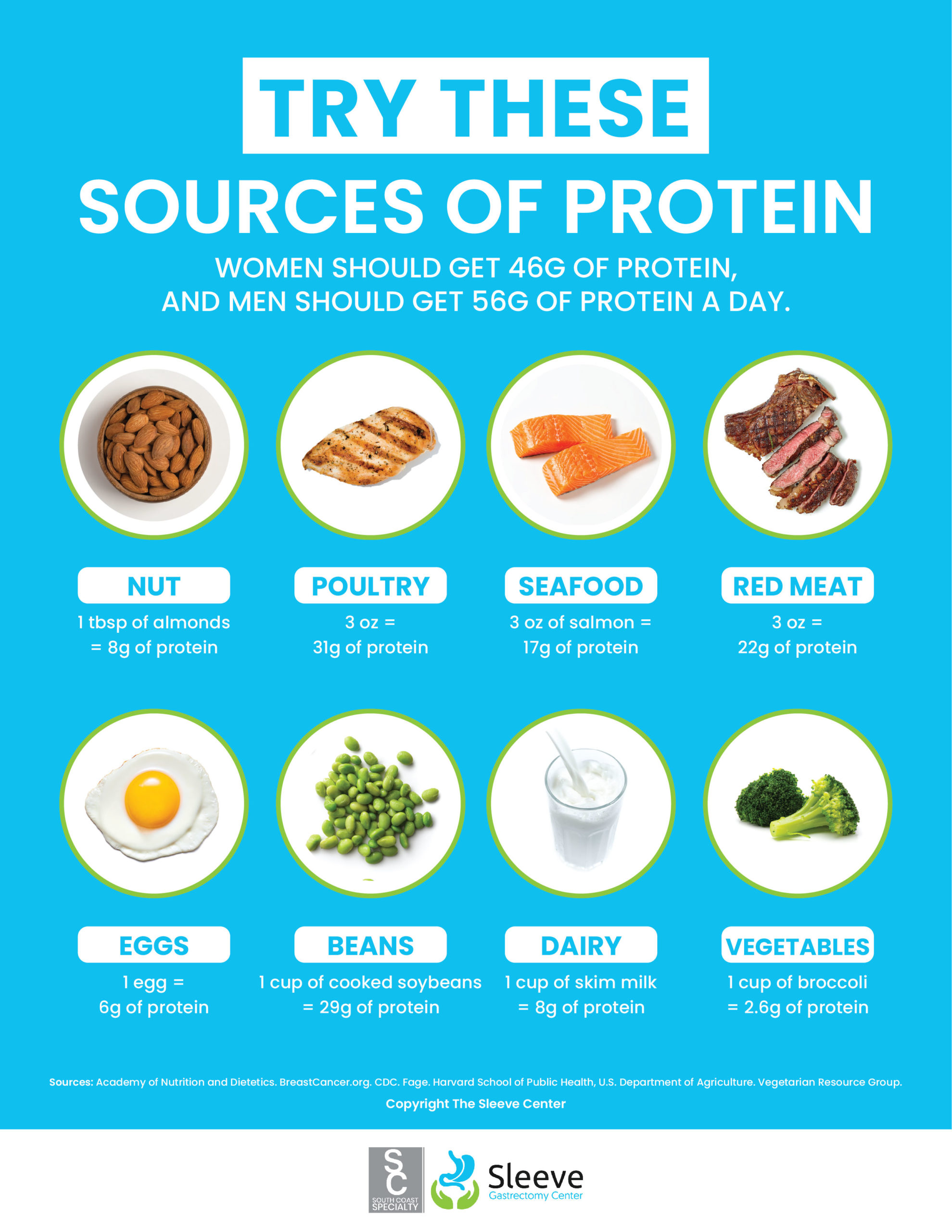
protein for weight loss
Top High-Protein Foods for Effective Weight Loss
When it comes to weight loss, incorporating high-protein foods can significantly enhance your efforts. Protein is essential for preserving lean muscle mass while you shed pounds, making it a vital component of a successful diet. Here are some of the best high-protein foods to consider, whether you prefer animal or plant sources.
Animal sources are often rich in protein, and foods like chicken breast and turkey are excellent choices. These lean meats are low in calories and pack a powerful protein punch, making them effective for weight management. Fish, particularly tuna and salmon, also provide omega-3 fatty acids alongside a high protein content, supporting overall health and fat loss.
For dairy lovers, Greek yogurt is a fantastic option. It’s thicker and creamier than regular yogurt, offering more protein per serving. Pair it with fruits or nuts for a balanced, nutrient-rich snack. Eggs, on the other hand, are incredibly versatile and can be prepared in numerous ways, serving as a great breakfast option filled with essential nutrients and proteins.
If you prefer plant-based options, consider legumes such as chickpeas and lentils. They are not only high in protein but also rich in fiber, which can help keep you feeling full longer, aiding in weight loss efforts. Quinoa is another excellent choice; it’s a complete protein that offers all nine essential amino acids and can serve as a base for salads or bowls.
Nuts and seeds, including almonds, chia seeds, and hemp seeds, are also great sources of protein. Though calorie-dense, when consumed in moderation, they provide healthy fats and support weight loss. Incorporating these high-protein foods into your daily meals can help you achieve a balanced diet that promotes effective weight loss while satisfying your taste buds.
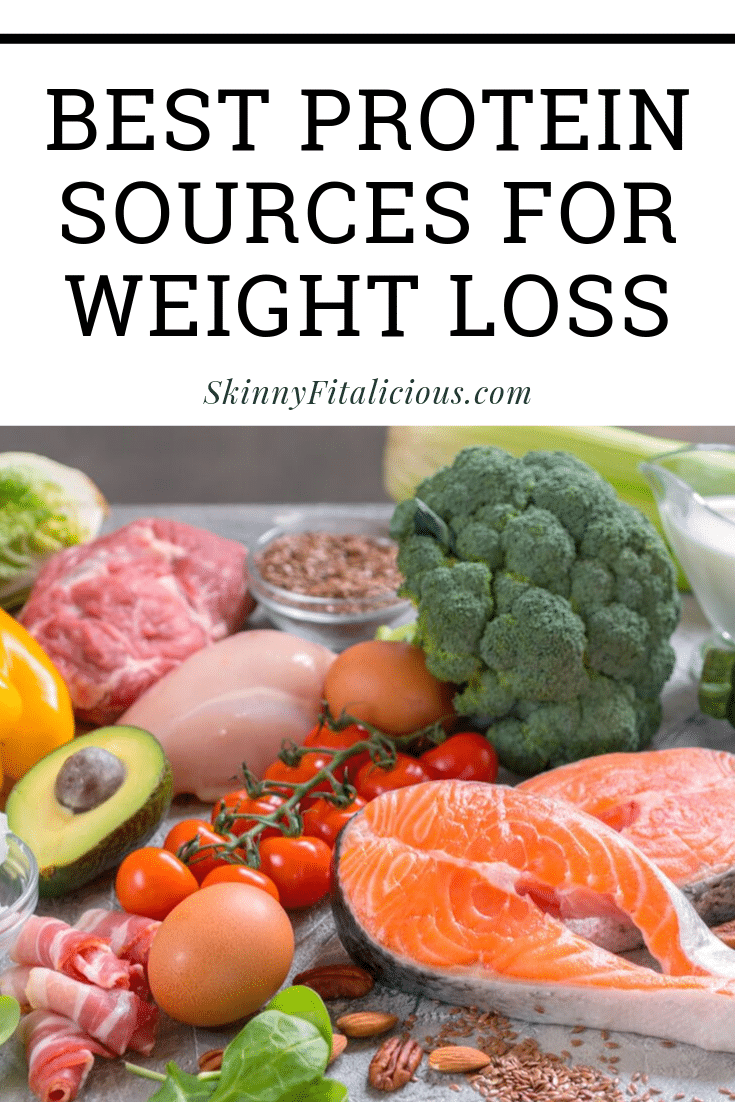
protein for weight loss
How Much Protein Do You Need for Weight Loss?
Understanding the right amount of protein you need for weight loss is crucial for a successful diet plan. Proteins play a vital role in muscle preservation and can aid in appetite control. To calculate your ideal protein intake, several factors come into play, including your age, weight, and overall activity level.
Generally, a common recommendation is to consume about 0.8 grams of protein per kilogram of body weight. However, if you are engaging in regular workouts or if you are aiming for significant weight loss, your protein needs may increase to around 1.2 to 2.0 grams per kilogram. This range ensures that you are not only losing fat but also preserving lean muscle mass during your weight loss journey.
For example, if you weigh 70 kg and aim for moderate exercise, you might target around 84 grams of protein daily (70 kg x 1.2 g/kg). It’s essential to spread your protein intake throughout the day across meals to maintain muscle using sources such as lean meats, dairy, legumes, and nuts.
Additionally, higher protein diets can be effective for reducing cravings and increasing feelings of fullness, which is particularly beneficial when managing portion control. It’s also advisable to pair your protein with healthy fats and carbohydrates for a balanced diet that supports overall health while allowing for sustainable weight loss.
Remember that personal requirements can vary greatly, so consider consulting with a healthcare provider or registered dietitian to tailor your protein intake based on your specific weight loss goals and health conditions.
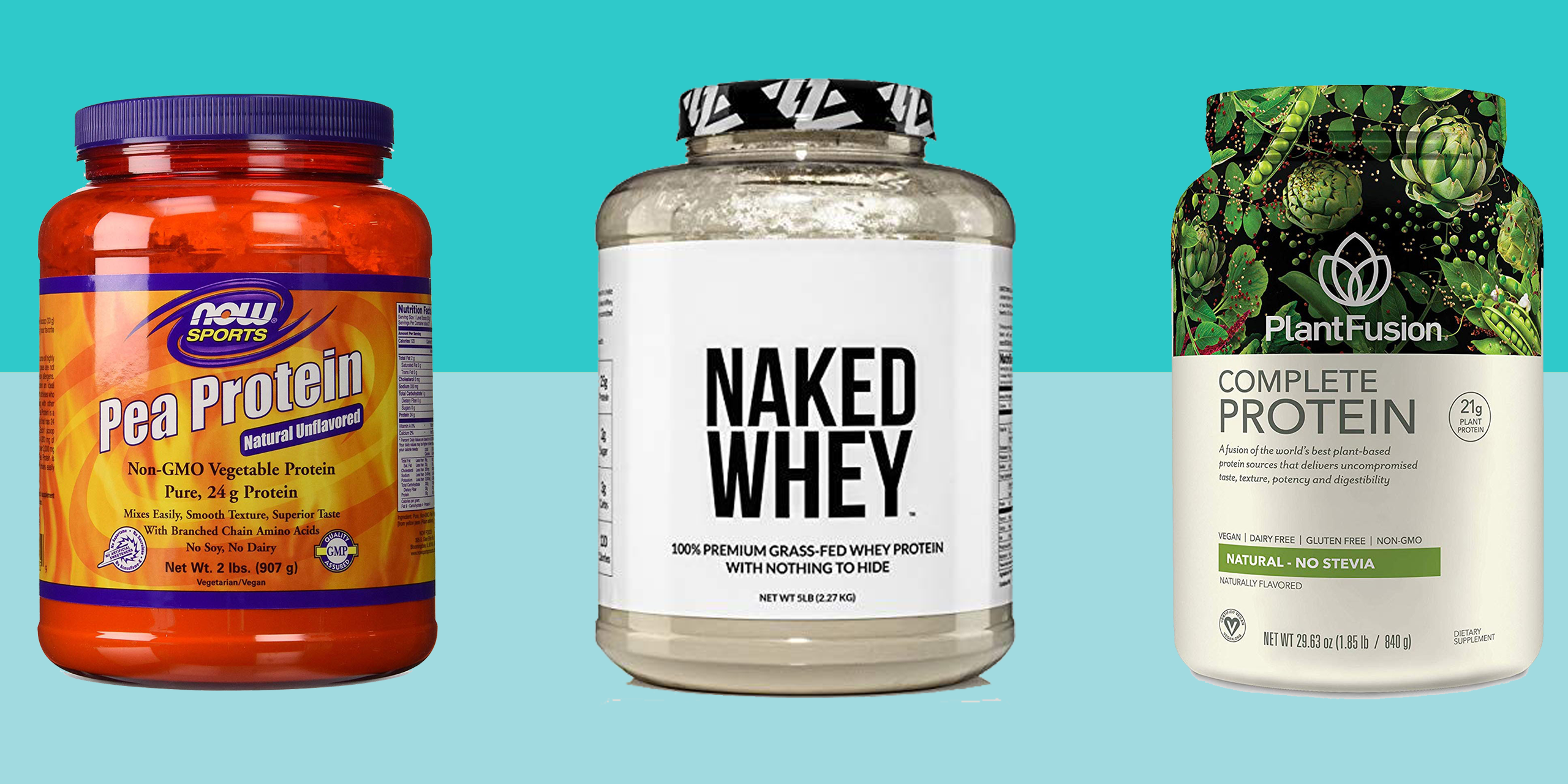
protein for weight loss
Protein Timing: When to Incorporate Protein for Maximum Fat Loss
In the quest for effective fat loss, understanding the importance of nutrient timing plays a critical role. One key aspect is protein intake, which can significantly influence your body’s ability to shed fat. Consuming protein strategically throughout the day can optimize your metabolism and enhance fat-burning processes. Timing your protein consumption can help preserve lean muscle mass while promoting fat loss.
Research indicates that spreading your protein intake across multiple meals can produce better results than consuming it all in one sitting. Aim for approximately 20-30 grams of protein per meal, ideally distributed every three to four hours. This method not only aids in muscle repair and growth but also supports satiety, reducing overall calorie intake.
Incorporating protein-rich foods like chicken, fish, beans, and legumes at the beginning of your meals can be particularly beneficial. When consumed in the morning, protein has been shown to increase feelings of fullness, which can help you resist the urge to snack later in the day. Additionally, benefiting from a post-workout protein shake can enhance recovery while further promoting fat loss.
Pay attention to the timing of your protein consumption around workouts. Consuming protein either before or after exercise can significantly improve muscle recovery and growth. Aim for a combination of protein and carbohydrates within a 30-minute window post-workout to maximize muscle repair and jumpstart your body’s recovery process.
By adopting a well-planned protein schedule and making conscious dietary choices, you can effectively boost your fat loss journey while maintaining muscle mass. Remember, it’s not solely about quantity but also the timing of protein intake that can lead to a leaner physique.
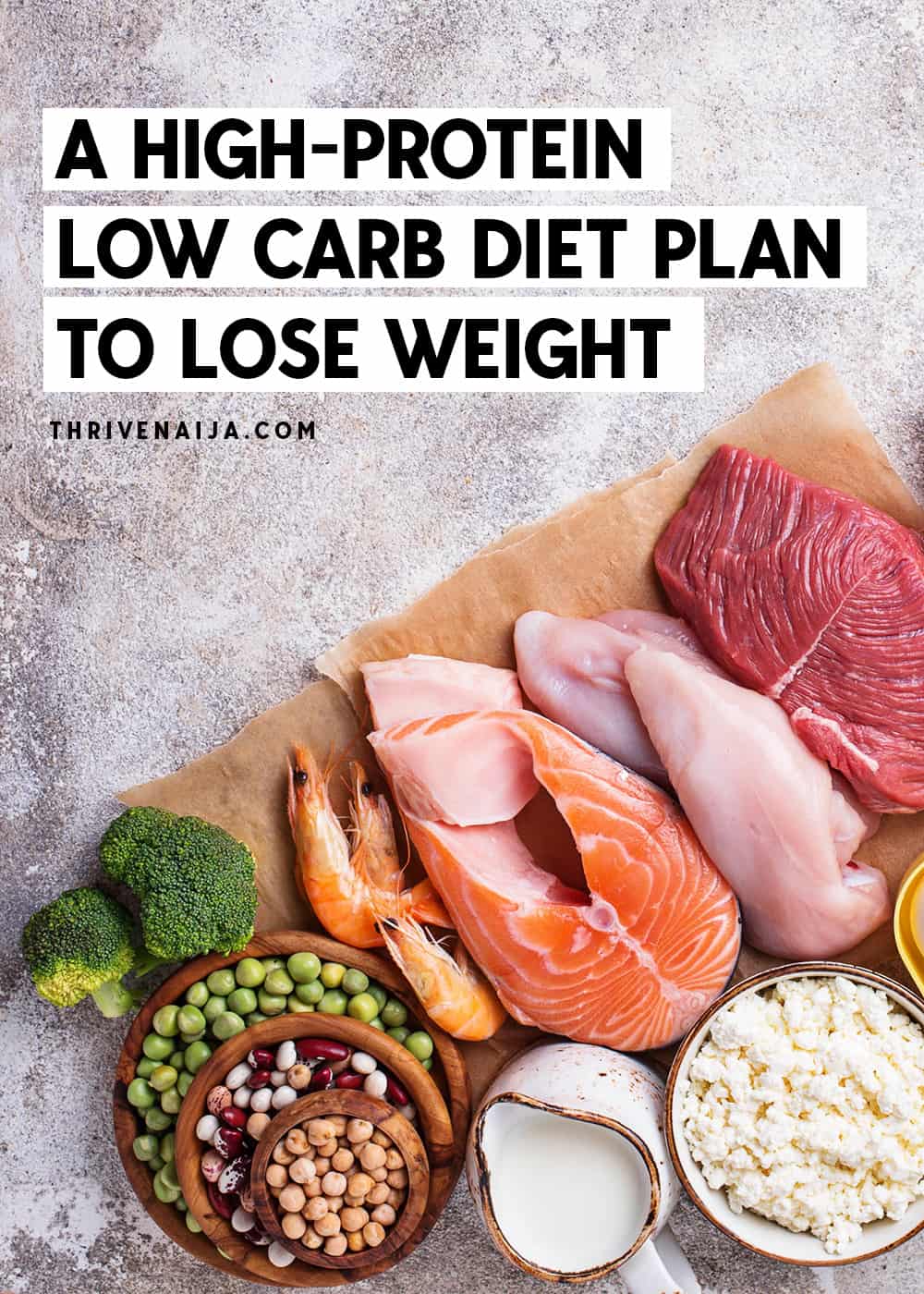
protein for weight loss
Protein-Packed Meal Ideas and Recipes for Weight Loss
When it comes to healthy eating for weight loss, incorporating high-protein meals can make a significant difference. These meals not only keep you feeling full longer but also help in muscle preservation during weight loss. Here are some delicious high-protein recipe ideas to inspire your meal planning.
Breakfast Ideas: Start your day with a protein boost by preparing greek yogurt parfaits layered with fresh fruits and nuts. Another great morning option is a protein smoothie, made with spinach, protein powder, and almond milk. For those who enjoy eggs, try an egg white omelette filled with veggies and cheese.
Lunch Recipes: For a satisfying lunch, consider a quinoa salad loaded with chickpeas, diced bell peppers, and a drizzle of lemon dressing. Another option is grilled chicken wraps, filled with fresh greens and a light yogurt-based sauce. These meals are perfect for boosting your daily protein intake while keeping calories in check.
Dinner Suggestions: End your day with a hearty baked salmon served with steamed broccoli and sweet potatoes. For a vegetarian choice, stuffed bell peppers with black beans and quinoa are both nutritious and filling. These dishes not only support weight management but also promote overall health.
Don’t forget about snacks! Choose options like cottage cheese, beef jerky, or a handful of almonds to keep energy levels high throughout the day. By incorporating these protein-rich foods into your diet, you’ll be on the right track towards achieving your weight loss goals while enjoying every bite!
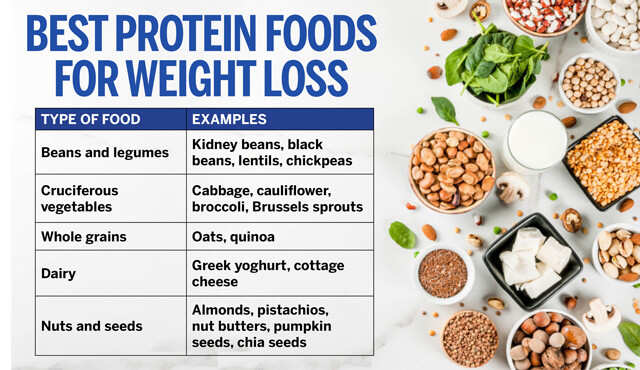
protein for weight loss
Common Myths About Protein and Weight Loss Debunked
Many people seeking to lose weight often fall victim to misconceptions about protein and its role in their diets. One prevalent myth is that consuming excessive protein automatically translates to weight loss. While protein does promote a feeling of fullness, thereby potentially reducing overall calorie intake, simply increasing protein without adjusting other dietary components may not yield the desired results.
Another common belief is that high-protein diets are harmful to kidney function. For most individuals with healthy kidneys, increasing protein intake is safe and can indeed support weight loss by enhancing metabolism and preserving muscle mass during caloric restriction. However, it is essential to approach this with a balanced diet that avoids excessive intake of processed sources.
Some people assume that all sources of protein are equal. In reality, the quality of protein matters significantly. Lean meats, fish, legumes, and dairy provide high-quality amino acids essential for muscle recovery and overall health, whereas processed protein bars and shakes may contain added sugars and unhealthy fats. Opting for whole-food sources can amplify benefits in a weight loss plan.
Moreover, the idea that plant-based proteins are less effective than animal proteins is also misleading. Combining various plant proteins can create a complete amino acid profile, making them equally beneficial for weight loss and muscle preservation. Incorporating beans, lentils, quinoa, and seeds ensures adequate protein intake without the need for animal products.
Lastly, people often think that protein must be consumed immediately post-workout for muscle gains. While post-exercise nutrition is important, focusing on daily protein intake is more crucial for overall muscle health and weight loss, rather than obsessively timing every meal.
Incorporating Protein Supplements: Pros and Cons for Weight Loss
When it comes to weight loss, many individuals consider including protein supplements in their diets. These products can be beneficial but also have potential drawbacks that should be carefully evaluated.
Benefits of Protein Supplements
One of the primary advantages of using protein powders is their ability to enhance satiety. Consuming more protein helps you feel full longer, which can reduce overall calorie intake and assist in managing hunger. Additionally, protein is essential for muscle maintenance, especially when you are in a caloric deficit, allowing for fat loss while preserving lean muscle mass.
Convenience and Versatility
Protein supplements are also convenient. They can easily fit into a busy lifestyle, making it simple to meet daily protein requirements without extensive meal preparation. Various types include whey, casein, plant-based, and more, providing options for different dietary preferences.
Drawbacks of Protein Supplements
On the flip side, there are some downsides to consider. Over-relying on protein shakes can lead to underconsumption of whole foods, lacking essential nutrients. Furthermore, some protein supplements contain added sugars and fillers, which may counteract weight loss efforts.
Choosing the Right Protein Supplement
When selecting a protein supplement, it’s crucial to look at the ingredient list. Opt for products with minimal additives and high-quality protein sources. Consider your personal dietary preferences—such as if you’re vegan or lactose intolerant—as this will influence your choice.
Conclusion
Incorporating protein supplements into a weight loss strategy can be beneficial if done thoughtfully. Evaluating personal goals, preferences, and lifestyle will help you to make the best choice.
Tracking Your Protein Intake: Tools and Strategies for Success
Maintaining an adequate level of protein in your diet is essential for weight loss and overall health. To achieve your fitness goals, it’s crucial to track your protein consumption effectively. Here are some practical methods to ensure you’re meeting your protein needs.
First, utilizing a nutrition tracking app can greatly simplify the process. Apps like MyFitnessPal and Cronometer allow you to log your food intake and monitor your macronutrients, including protein. These tools provide valuable insights into your dietary habits and help you adjust your meals to meet your protein targets.
Another effective strategy is to plan your meals in advance. By preparing a weekly menu that focuses on high-protein foods such as lean meats, fish, eggs, dairy, legumes, and nuts, you can easily visualize your protein intake. Meal prepping not only saves time but also makes it easier to prioritize protein sources throughout the week.
In addition, consider incorporating a protein shake or supplement if you struggle to meet your protein goals through whole foods. This convenient option allows you to quickly increase your intake on busy days, supporting your muscle recovery and overall health.
Lastly, keeping a food journal can also be advantageous. Writing down everything you eat and drink helps you stay accountable and provides a tangible record of your dietary patterns. This method allows you to analyze and adjust your intake of protein-rich foods as needed.
By implementing these tools and strategies, you can effectively track your protein intake, paving the way for successful weight loss and improved well-being. Remember, consistency is key in achieving your dietary goals.
Protein is essential for building and repairing tissues in the body. It also helps to maintain muscle mass, which is important for a healthy metabolism. Additionally, high-protein diets can promote feelings of fullness, reducing overall calorie intake and aiding in weight loss.
The recommended daily protein intake varies, but a common guideline for weight loss is to consume about 0.8 to 1.0 grams of protein per kilogram of body weight. This can be adjusted based on activity level, age, and overall goals. Consulting with a nutritionist can provide personalized recommendations.
Increasing protein intake can support weight loss when combined with a balanced diet and regular exercise. Protein can help control appetite and may boost your metabolism slightly, making it easier to create a calorie deficit necessary for weight loss.
Some of the best sources of protein for weight loss include lean meats (like chicken and turkey), fish, eggs, dairy products (like Greek yogurt), legumes (like beans and lentils), nuts, and seeds. Plant-based protein sources are also great options for those following a vegetarian or vegan diet.
While protein is important for weight loss and muscle maintenance, excessive protein intake (typically over 2.0 grams per kilogram of body weight) can lead to health issues such as kidney damage, dehydration, and nutrient deficiencies. It’s important to balance protein with other macronutrients and consult with a healthcare professional for guidance.
Protein shakes can be an effective meal replacement if designed to be nutritionally balanced. However, it’s essential to ensure they contain adequate vitamins, minerals, and fiber, and to maintain a varied diet for overall health. Relying solely on shakes may lead to nutritional deficiencies.
Some individuals may experience digestive discomfort, such as bloating, gas, or constipation, when increasing protein intake. Maintaining hydration and consuming fiber-rich foods can help alleviate these symptoms. Always consult with a healthcare provider if you have concerns about dietary changes.
